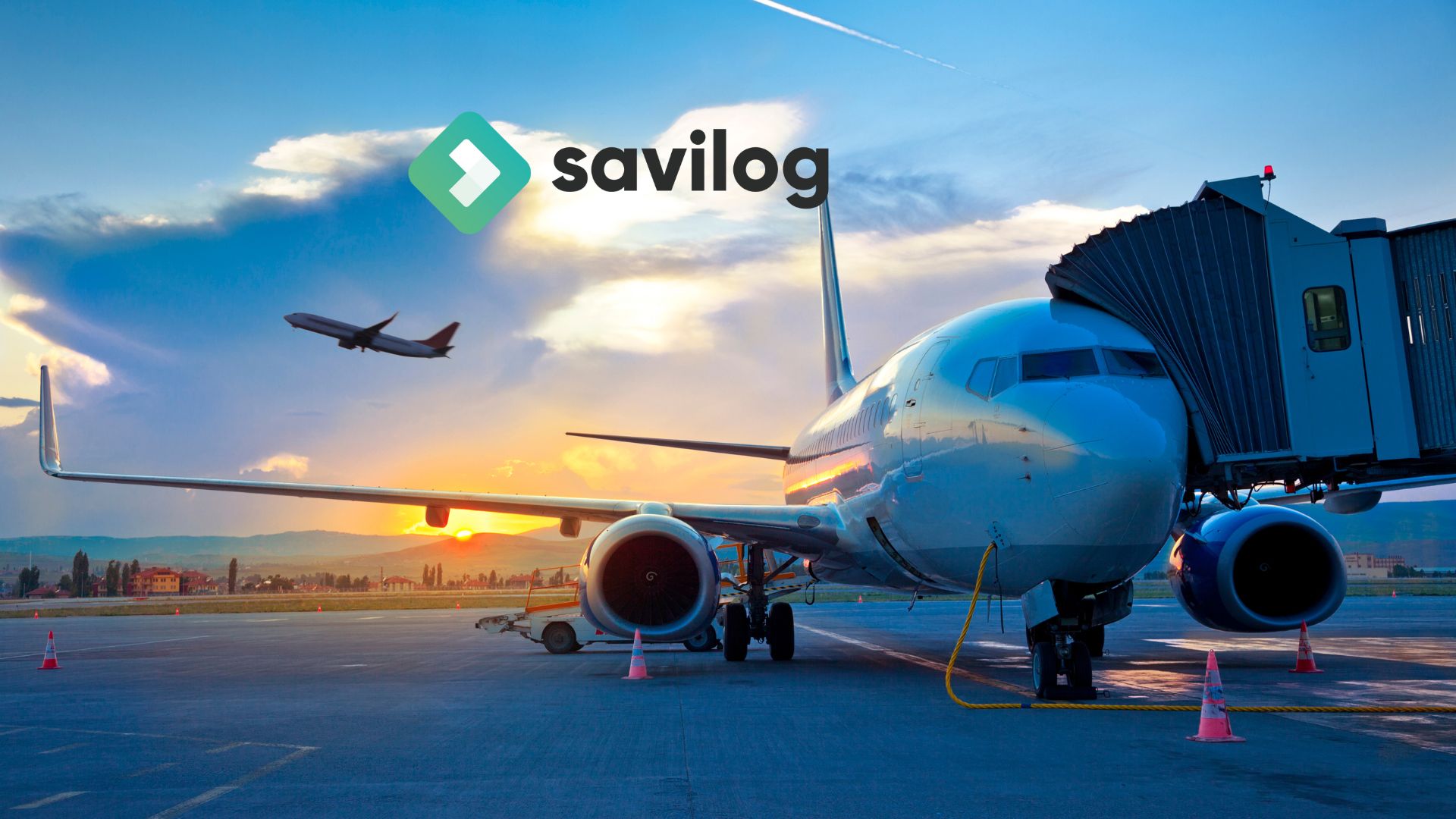
Airports: Who leads the export market in Brazil?
Airports play a leading role in global logistics infrastructure. The air modal is essential for foreign trade given its agility for cargo transport.
There are two main agencies that inspect infrastructure and logistics by air, which have several specificities and processes that must be in accordance with the determinations of the National Civil Aviation Agency (ANAC) and the Brazilian Airport Infrastructure Company (Infraero).
To better understand the appropriate solution for the company’s logistics, it is important to know the options for this transport. According to INFRAERO, in Brazil there are more than 35 cargo and passenger airports, focused on national and international operations (Source: INFRAERO).
Due to the high cost involved in this modal, it makes the process onerous and often makes the operation unfeasible. Goods with low added value or that are bulky make the use of this modal a financially impractical option.
Another point that requires attention in this transport is the way in which the air freight is charged, as it is made by actual weight or cubed weight, whichever is greater. The cubed weight is nothing more than the ratio between the volume of the merchandise and the ideal weight for that volume.
Airport Operation
Knowing how airports work is necessary for the logistical management of foreign trade processes, given that some goods require special care, for example pharmaceuticals.
It seems simple, but there is a high level of complexity in the operation of an airport. Several precautions must be taken so that everything goes well and that the goods reach their destination according to specifications.
In both imports and exports, goods undergo some level of inspection to prevent illicit and dangerous materials from being shipped without due care.
In addition, depending on the type of material, there are restrictions on transport, as is the case with dangerous goods. Restricted cargo includes controlled use chemicals, explosives, flammables, and radioactive isotopes.
For one of these products to be transported by air, it is necessary to have prior authorization from the airline and the packaging must meet the safety standards of the International Air Transport Association (IATA).
Role of Airports in Exports
According to data from the Ministry of Industry, Foreign Trade and Services (MDIC), Exports via air transport represented approximately USD 14.7 billion, about 5.26% of the total USD 280.81 billion of exports in the year of 2021 (Source: ComexStat).
As it is an economy focused on the export of commodities (products with low added value and large volumes), the country’s air exports play a smaller role when compared to those made by the maritime modal, which total 88.44% of the volume in 2021 ( Source: Comex Stat).
Main Brazilian Airports
Among the more than 35 national airports, it is possible to list those that have a greater volume of cargo and people movement. The 5 busiest Brazilian airports in 2021 were (Source: AEROFLAP):
Guarulhos Airport (23.6 million passengers)
Brasília Airport (10.3 million passengers)
Campinas Airport (9.75 million passengers)
Congonhas Airport (9.43 million passengers)
Recife Airport (7.34 million passengers)
Major Airports in the World
As it is a safe and efficient means of transport, both for cargo and passengers, the main world economies control the busiest international airports.
List of the top 10 airports in the world (Source: SEGUROSPROMO):
Hartsfield-Jackson International Airport, Atlanta – USA
Beijing International Airport – China
Dubai International Airport – Dubai
Tokyo International Airport – Japan
Los Angeles International Airport – USA
O’Hare International Airport, Chicago – USA
Heathrow International Airport, London – England
Hong Kong International Airport – Hong Kong
Shanghai Pudong International Airport – China
Paris International Airport – France
Strategies for Using the Air Modal
Due to the high cost of this modal, it is advisable to use it for goods with high added value or that are urgently needed, as it has already been said: depending on the type of product, this means of transport makes the process unfeasible.
Despite this, there are some strategies that can benefit air shipments, such as courier shipping. This type of transport is more restricted, but costs less compared to formal shipping.
This modality can be used for small and light shipments and tends to be a great option for companies that have urgency or that are looking for a high safer alternative of transport.
Precautions to be Taken
As we said, cost can be a problem for the process, but this concern cannot be limited to the cost of freight, but also to the values of storage and handling.
Another care to be observed is in terms of logistics: it is important to use adequate packaging and pay attention to the weight and volume that it will add to the shipment, as this can generate an extra cost since the air tax is per kilogram or per cubic weight.
It is important to know the nuances of air transport and having a specialized cargo agent qualified to operate can help in this process. This will help all problems in using this modal to be mitigated.
Conclusion
Due to technological advances, air transport has proved to be a more suitable alternative for certain cases, considering the problems faced by the global logistics crisis. The safety and agility of this means of transport are its main attractions when choosing an option.
Carrying out a critical analysis of the company’s needs becomes the best way to choose a modal. Checking points such as urgency, budget and logistics chain are also important when choosing air travel.
Among the advantages are speed, safety and cost reduction related to the storage of goods. However, air freight transport also has disadvantages, especially due to the high cost, the limitation of weight, volume and products that can be transported in this way.